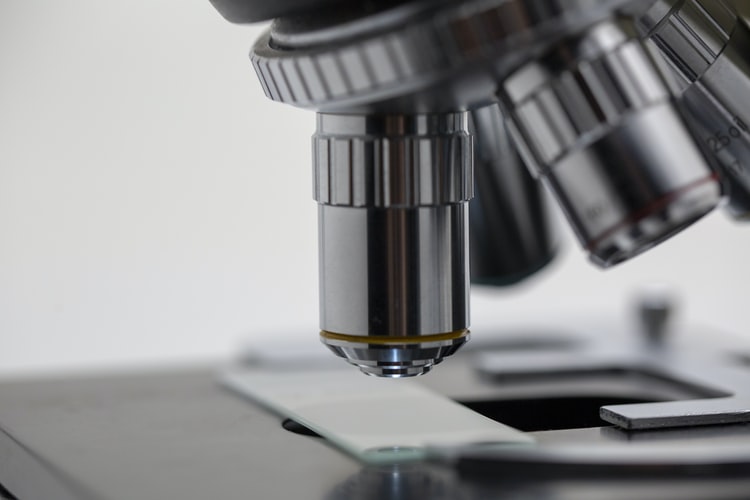
Many health products nowadays make mention of two common terms, free radicals, and antioxidants. We have been conditioned to accept, almost at face value, that free radicals are a bad thing and that anything which is an antioxidant is automatically a good thing. There is a whole marketing industry geared around getting us to respond to those trigger words. Often, we do not question the claims made around products meant to ‘help’ us with these things. It is, however, well worth a critical investigation of just what they are and where they come from.
Surprisingly, a paper by the National Centre for Biotechnology Information on the subject of antioxidants and free radicals forces a bit of a re-evaluation on what most people think they know around the subject. It turns out that these can be both beneficial and harmful. It is not quite as cut and dried as you may have imagined. Both can be produced by internal bodily processes or by external factors. It is an excess of free radicals, rather than their presence in lower amounts, that has a detrimental effect on the body. Such illnesses as arthritis, cancer and even the effects of aging can be attributed to an over accumulation of free radicals in the body.
We asked Jo Thorpe of Protandim UK just why this should be. “It is all down to oxidative stress. This is what happens when your body just cannot deal with the amount of free radicals that are damaging your genes and the cell proteins your body depends on to stay youthful and healthy.”
Another shock discovery is that while such things as poor diet, smoking and overindulgence in alcohol can cause the production of free radicals even the normal act of human respiration, just breathing, actually results in some free radical formation. This may be one of the contributing factors to our bodies naturally aging and becoming less efficient chemical factories internally.
We said that they were both friend and foe to our bodies. Free radicals in an appropriately low concentration are actually necessary for our wellbeing. They help the processes of cells maturing and they are also part of the body’s line of defence against microbial invasions. It is when the balance or levels of free radicals are out of kilter that trouble occurs.
Antioxidants, as the name implies, are chemicals that reduce the reactiveness of free radicals. Lowering their ability to interact negatively with our bodies and the other chemicals within us. Antioxidants can come from many sources. Natural foods such as citrus fruits, berries, carrots, and soybeans are all high in antioxidants as just some examples. We can also obtain antioxidants from supplements specifically designed to boost their levels in our body. There is some research showing evidence that diets high in antioxidants or supplements can help keep the levels of free radicals down to what is required for a healthy functioning human body.
It becomes slightly more confusing, however, when you discover that in some circumstances antioxidants can themselves turn into pro-oxidants and cause oxidative stress themselves.
Yes, it is complicated. However, the bottom line is it is all about moderation and the right amounts. With this caveat antioxidants are definitely a benefit to you.